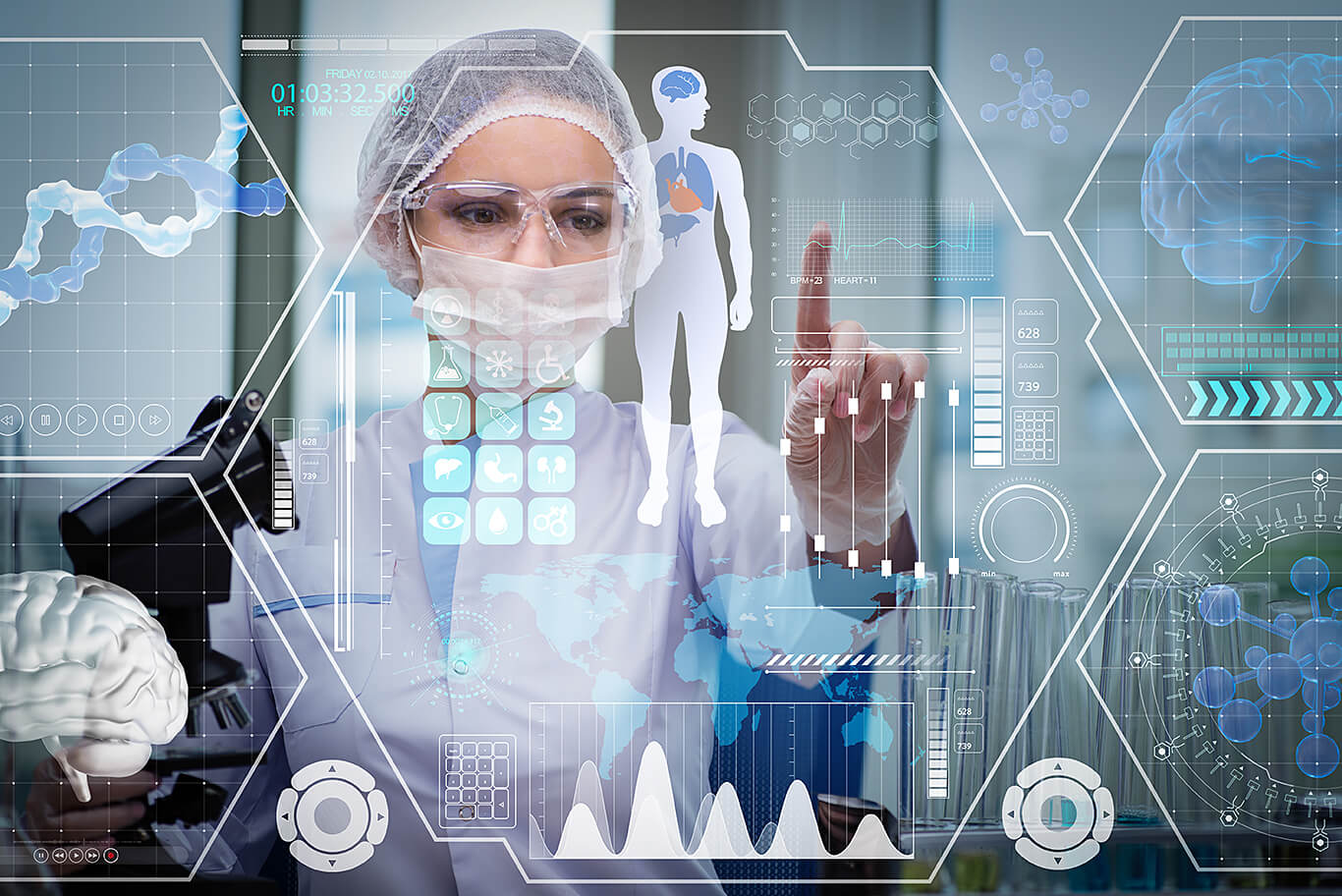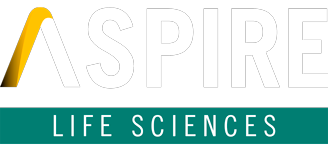AI-Powered Drug Discovery: Highlighting Key Professional Contributions

In my experience as a life science recruitment professional, I've witnessed firsthand how artificial intelligence has significantly impacted the sector, especially in the realm of drug discovery. AI is truly reshaping the way we tackle drug development, opening up a world of innovative opportunities and improving overall efficiency.
AI's Role in Drug Discovery
AI has become an indispensable tool in drug discovery, due to its ability to analyse vast datasets, simulate drug interactions, and optimise clinical trials. By harnessing the power of data analysis, AI streamlines the identification of potential drug candidates, making the drug development process faster and more precise.
According to research, the global AI in drug discovery market is projected to expand from $259 million in 2019 to $3.5 billion by 2027, with a compound annual growth rate of 36.6%. This growth is primarily due to the increasing demand for new drugs, the need for quicker drug development, and the availability of vast amounts of data. I am excited about the potential of AI in drug discovery and the benefits it can bring to the healthcare industry. As technology advances, I anticipate even more significant progress in this field, leading to more effective treatments and better patient outcomes.
I have observed a noticeable shift in the demand for the types of roles required in biotechs for the drug discovery process. This shift highlights the increasing importance of tech roles at every stage of drug discovery, from data analysis and computational modelling to AI algorithm development and machine learning implementation. These tech-focused positions are becoming integral in optimising drug development processes, enhancing research efficiency, and ultimately revolutionising the way we approach healthcare advancements.
In the field of Drug Discovery, various professionals contribute significantly to the process, each bringing their unique expertise to the table. Here's a perspective on their roles:
Data Scientists and Bioinformaticians
These professionals specialise in analysing large datasets from genomic, proteomic, and metabolomic sources to identify potential drug targets. Their work helps to narrow down the search for new drug candidates.
Chemoinformatics Specialists
These experts use AI and machine learning algorithms to search through extensive molecular databases, finding compounds with drug potential. Their work aids in the identification of promising hit compounds that can be further developed.
Computational Chemists
Engaged in lead optimisation, computational chemists use predictive modelling to improve the effectiveness, safety, and pharmacokinetics of hit compounds. Their work is crucial in transforming initial hit compounds into viable drug candidates.
Pharmacometrics Experts
These professionals utilise AI to predict how drug candidates will behave in the body during preclinical testing. Their predictive analysis helps identify potential issues early in the development process, ensuring the safety and efficacy of drug candidates before advancing to clinical trials.
Clinical Data Managers and Clinical Data Analysts
During clinical trials, these roles ensure data integrity and optimise trial designs. Their work is essential in maintaining the efficiency and effectiveness of clinical trials, increasing the likelihood of successful outcomes.
Statisticians and Machine Learning Experts
These professionals analyse vast amounts of data generated throughout the drug discovery process, extracting valuable insights that inform decision-making and strategy development. Their expertise guides key research directions.
Process Automation Engineers
By designing software solutions that automate workflows, these engineers enhance efficiency, allowing scientists to focus on more complex research questions. Their contributions streamline operations and accelerate drug discovery timelines.
Genomic Data Analysts in Personalised Medicine
At the forefront of drug discovery, these analysts merge genetic information with drug response data to tailor treatments to individual genetic profiles. This personalised approach enhances treatment efficacy and minimises adverse effects, representing the cutting edge of drug development tailored to each patient's unique needs.
The integration of AI into drug discovery heralds a new era of medical research and development. However, the success of this integration relies not just on technology but on the talented professionals who drive it forward. My role is to connect these innovative minds with the opportunities that will shape the future of healthcare.
This convergence of AI and specialised talent is a paradigm shift in how we approach the discovery and development of new drugs. It promises a future where treatments are more effective, development timelines are shorter, and patient outcomes are significantly improved.
Based on my experience working closely with AI-driven life sciences companies, I have gained a deep understanding of the market's needs and trends. These companies are leveraging artificial intelligence to revolutionise drug discovery, development, and diagnostics, making the process faster, more precise, and cost-effective. If you're looking for insights or assistance in navigating the dynamic landscape of life science recruitment and AI integration, I'm here to help. Reach out to me for a conversation about your specific needs and how I can support your journey in this exciting field.





Leave a Reply